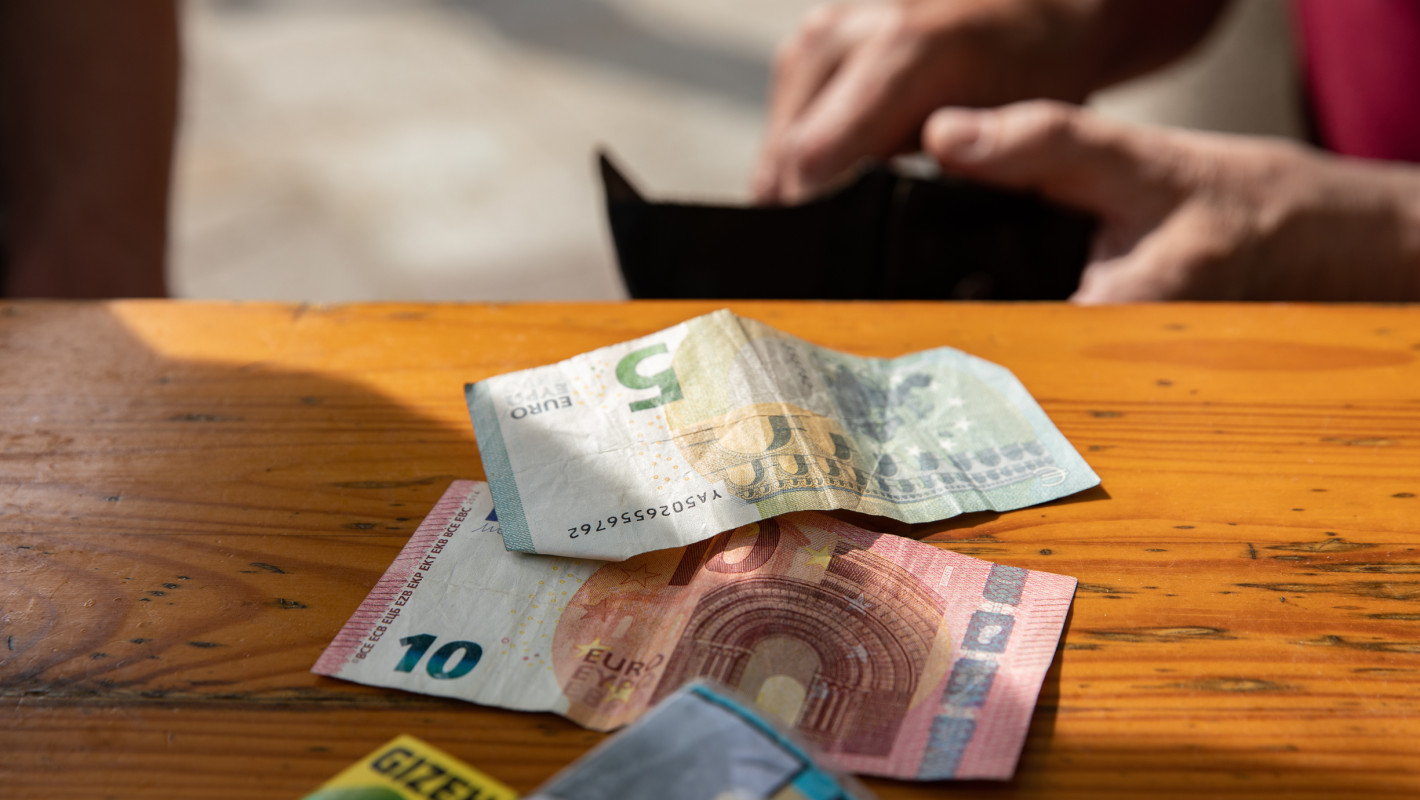Small budget, big plans: Investment opportunities with little money

Many people believe that investing is only possible if you have a high income or lots of savings. But there are still plenty of opportunities to sensibly invest small amounts of money as well. In this article, we outline the various long-term investment opportunities that can also be attractive for those with limited financial means. For example, savings plans are often available from 25 euros per month and provide a good way of getting started in the world of investing.
Tips for beginners: long-term investing made easy
- Paying off debts: before getting started, it makes sense to pay off any outstanding debts, particularly those with high interest rates. This allows you to create a stable financial basis.
- Building up an emergency fund: try and build up a financial buffer equivalent to at least three months of your net income that you can access quickly. This gives you the security and flexibility to cover unexpected spending. An instant access savings account is perfect for this. It allows you to ‘park’ your money securely and have daily access to it, though it only offers low interest rates.
- Think long term and don’t be put off: always invest over a long time horizon. By regularly investing small amounts, you can build up a considerable sum over time.
- Diversification is the key. Spread your money across a variety of investment classes and products to minimise the risk. This will protect your portfolio against considerable losses by not putting all your eggs in one basket.
- Consider your risk profile: make sure your investments are in line with your individual risk profile.
- Give robo-advisors a try: these digital platforms offer automated portfolio and/or risk management strategies based on algorithms. Your money will be invested and managed based on the information you enter. They only require very small minimum invest sums, make automatic changes to your portfolio and have very low fees.
- Savings plans: use automatic savings and investments schemes to invest small amounts regularly without having to think about them actively. This makes saving easy and ensures you continuously build up assets.
Want to keep an eye on your investments? Regularly update your portfolio to make sure your investments stay in line with your objectives and risk appetite. Also pay attention to the fee structure of the various investment products, as high fees will diminish your returns. Compare the costs of the various providers and choose the most cost-effective options.
Some investment opportunities with low amounts
You can cost-effectively invest in a broad range of products with ETFs (Exchange Traded Funds). These funds automatically offer diversification and low administrative fees. There are a number of variants covering a range of markets, sectors and investment strategies. For example, share ETFs or pension ETFs.
Actively managed funds are generally widely diversified and offer professional management of your capital, giving you a greater chance of higher returns. The fund manager’s goal is to achieve a better performance than the market by making regular adjustments and targeted investments. There are different types of funds, such as share funds, pension funds and mixed funds.
Fixed-term deposit accounts offer a fixed rate of interest for a certain period of time, usually from one month to several years. They feature guaranteed interest, no fluctuations and higher returns than call deposit accounts. The minimum investment amount is often between 500 and 1,000 euros.
A savings and loan scheme combines regular saving with the option of later getting a low-interest loan to purchase residential property. It offers government subsidies (housing premiums, employee savings schemes), low interest rates on loans and is a secure form of saving.
There are plenty of sensible opportunities to invest even smaller amounts of money. Whether it’s securities, classic savings accounts or savings and loan schemes – there are many ways of investing your money profitably. Remember: it’s important to be well informed and to invest even small amounts regularly. Always consider your individual risk profile and the various levels of risk of the investment products. Consult your bank for more information.
Contact

Contact
Vivien Rottka
Media Relations


